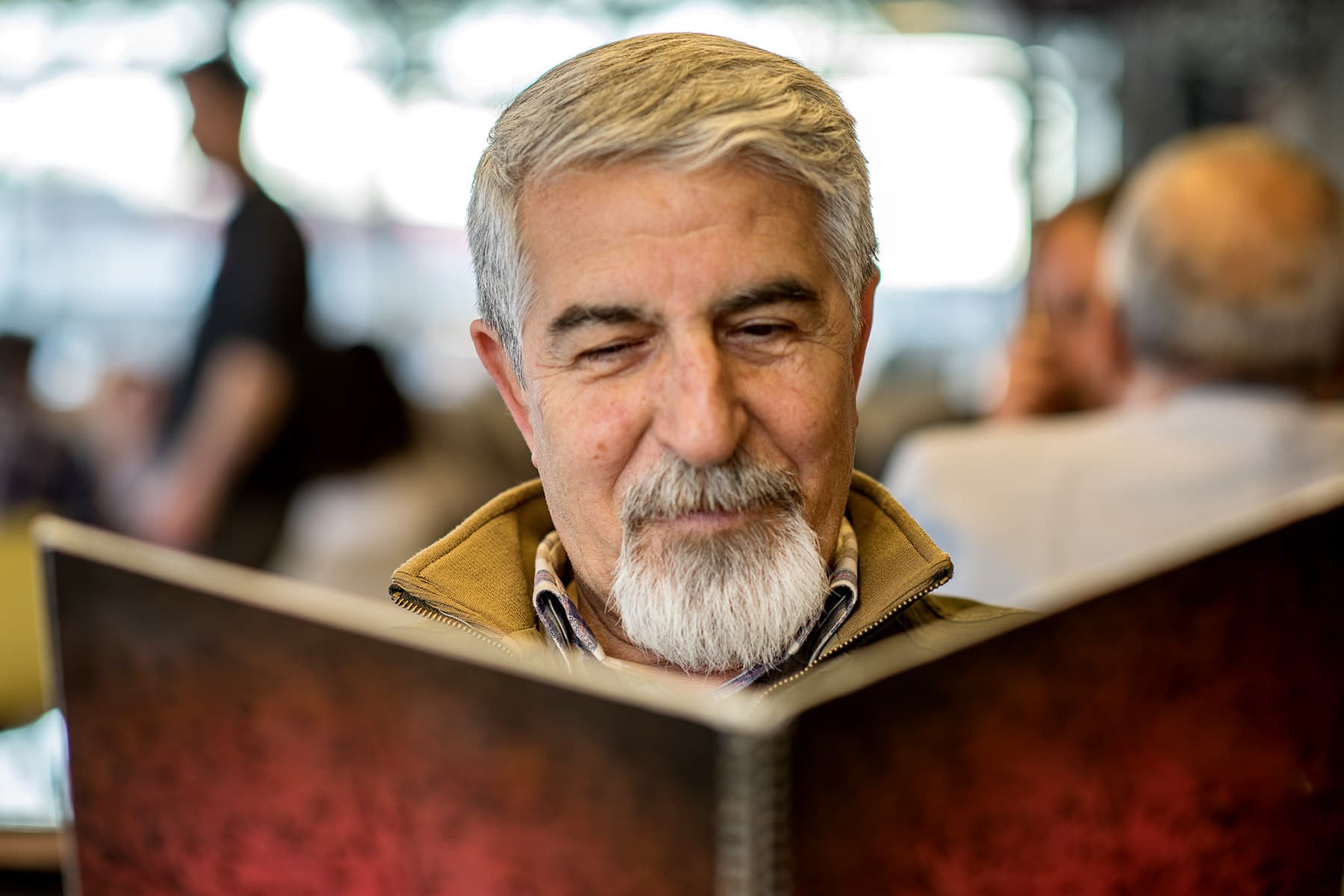Dhe German Foreign Minister often takes a kitchen alarm clock with her on her trips abroad. It’s not a top-of-the-line product from precision-engineered German workshops, just made of plastic, albeit with a large red dial that fills up as the hour rounds. The alarm clock serves Annalena Baerbock’s self-control.
He usually stands in front of her on a table. Sitting around them and around the table might be human rights lawyers and activists in New Delhi, or the inmates of a resettlement camp in north-eastern Nigeria. The Minister then opens these roundtables, wanting to explain the circumstances that brought them here, wanting to express her interest and curiosity, as well as appreciation for the commitment of those in the round, and much more. The alarm clock is ticking and soon a five-minute corner on the hour disc is red.
Baerbock takes a long way
Her convoy races for many kilometers at breakneck speed on Indian expressways and over muddy Ukrainian village tracks, in order to maybe gain an hour with people who can then talk about their lives in their living environment.
Every German foreign minister endeavors to take a brief look at other milieus when traveling beyond the obligatory and protocol appointments in the capitals of the world. “Discussion with civil society” is what this attempt usually reads in the program language of the Federal Foreign Office; For this purpose, political opponents, civil activists or intellectuals are often invited to the respective German embassy residence in order to be able to talk to the guest from Germany without tapping.

In November in Uzbekistan: Baerbock is given a pair of denim with her portrait on it when visiting a jeans factory.
:
Image: dpa
Baerbock prefers to travel long distances to meet people where they are at home; in classrooms, in the village community center, on the edge of a minefield. Sure, that also results in more coherent, “nicer” pictures, better fodder for traveling television crews or the official Instagram channel, which already staged its predecessor Heiko Maas with its own imagery and now depicts Baerbock’s ventures. But those visited also speak more openly and reveal more about their lives when they can tell stories in their own environment.
Sometimes it couldn’t be any other way. In Uzbekistan, Baerbock’s conversation with locals takes place in a women’s shelter. And the Uzbek minister colleague Vladimir Norow, who surprisingly did not leave the side of the German guest for a day and a half, has to wait outside the door.
In New Delhi, the Foreign Minister is standing in the steam of a soup kitchen, barefoot and wearing a makeshift headscarf – the dining room is part of a Sikh temple complex. In early February, in a rural suburb of Mariupol, she meets a group of women whose robust-looking members describe their everyday lives until some tears come to their eyes. It’s about traumatized men, alcohol addiction, the mental devastation caused by the years of attrition along the Ukrainian-separatist line of contact – two weeks before the feared Russian attack on Ukraine begins.









